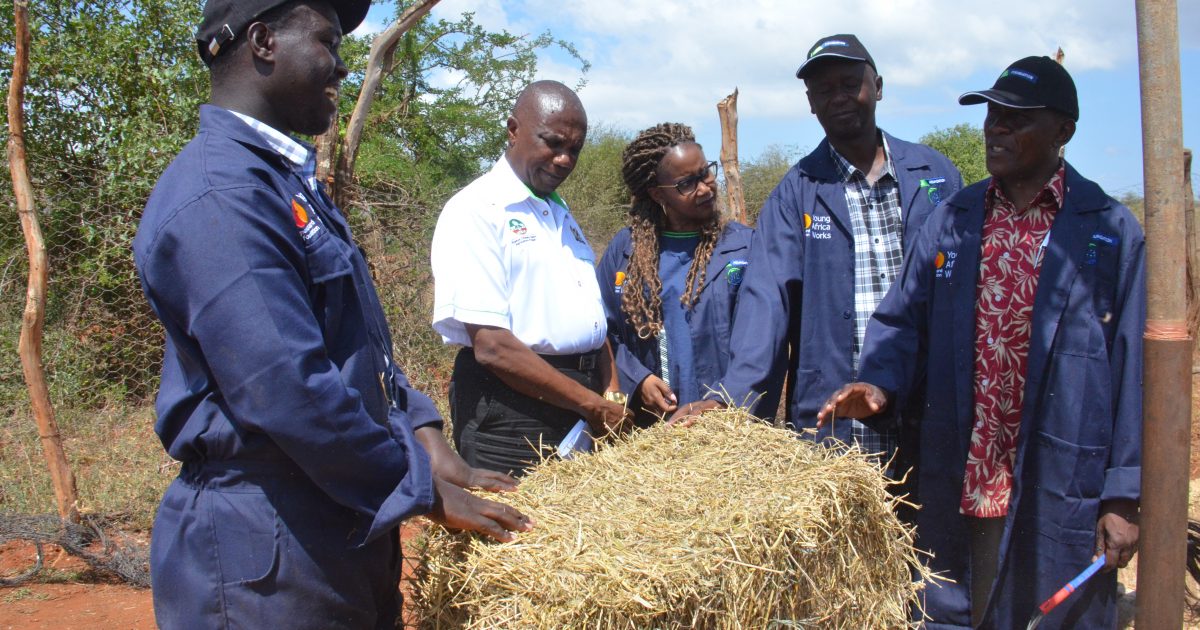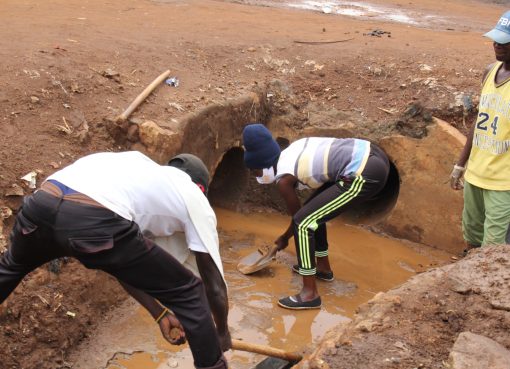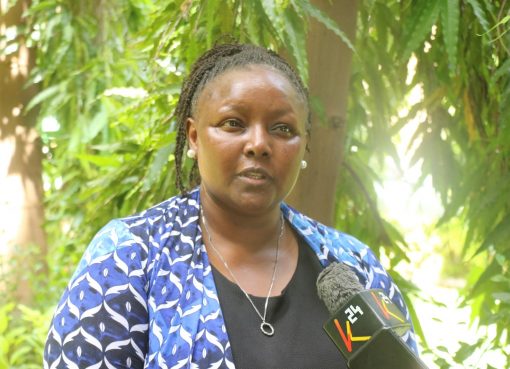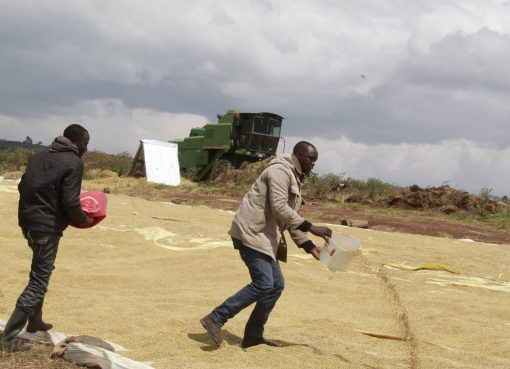Livestock sector in Taita Taveta County is set for a significant transformation following the launch of a Livestock Identification and Tracking System (LITS) programme that will support farmers realize maximum returns.
The LITS, officially launched at Lualenyi Mifugo Ni Mali Livestock Centre in Lualenyi Ranch Mwatate Sub-County, seeks to ensure that the livestock meet the required animal health and tracing capabilities thereby raising their market value.
The programme also aims at streamlining policies and regulations that would profit farmers, particularly those in Arid and Semi-Arid Lands (ASAL) whose access to favourable markets has been negatively impacted by middlemen.

The LITS programme is financed by Kenya Commercial Bank (KCB) Foundation in partnership with the national and county governments and other development partners. It will be rolled out in Taita-Taveta, Kajiado and Laikipia counties at a project cost of Sh14.6 million.
Speaking during the launch, Ministry of Agriculture, Livestock, Fisheries and Cooperatives Chief Administrative Secretary (CAS), Lawrence Omuhaka, said that the LITS programme was in line with the National Livestock Master Plan (LMP) which guides the development of sustainable livestock sector investments from the government, the private sector and other development partners.
“One of the strategic objectives of my ministry is to enhance institutional efficiency, effectiveness and service delivery through crucial collaborations and the success being witnessed today is a culmination of such partnerships,” he said.
Omuhaka said that such programmes would increase the potential of livestock keepers from arid and semi-arid areas to easily access markets which would eventually improve the overall national livestock export business.
“Consumers, especially from the export market, are insisting on getting a track record of every animal they buy and that’s why we are focused on enhancing traceability in order to meet these standards,” he added.
The programme will be implemented by the Kenya Veterinary Association (KVA) and the Directorate of Veterinary Services, both at national and county levels.
KCB Group Director, Marketing, Corporate Affairs and Citizenship – Rosalind Gichuru, observed that while smallholder farmers in Arid and semi-arid land (ASAL) regions were the primary producers of livestock locally, they were still crippled with low-income levels.
She said that sustainable agriculture was one of KCB’s most significant thematic areas with particular emphasis on the livestock sector.
“Our goal is to create and enable a reliable marketing infrastructure, both locally and internationally which will contribute towards the growth of the economy while at the same time creating wealth for livestock farming communities,” she said.
She noted that the livestock sector is faced with a number of challenges that hindered its growth and therefore the development of such plans sought to address the challenges in order to realise the sector’s full potential.
County Executive Committee Member for Agriculture Davis Mwangoma, noted that the livestock sector in the county has a high potential for reducing poverty, creating employment as well as contributing to economic growth if fully exploited.
The ceremony also saw the ranch receive a new modernized dip and crush with a restraining vaccination area for disease control. This will enable the ranch to effectively manage its herd of 2,600 cattle.
By Raphew F Mukuyia





